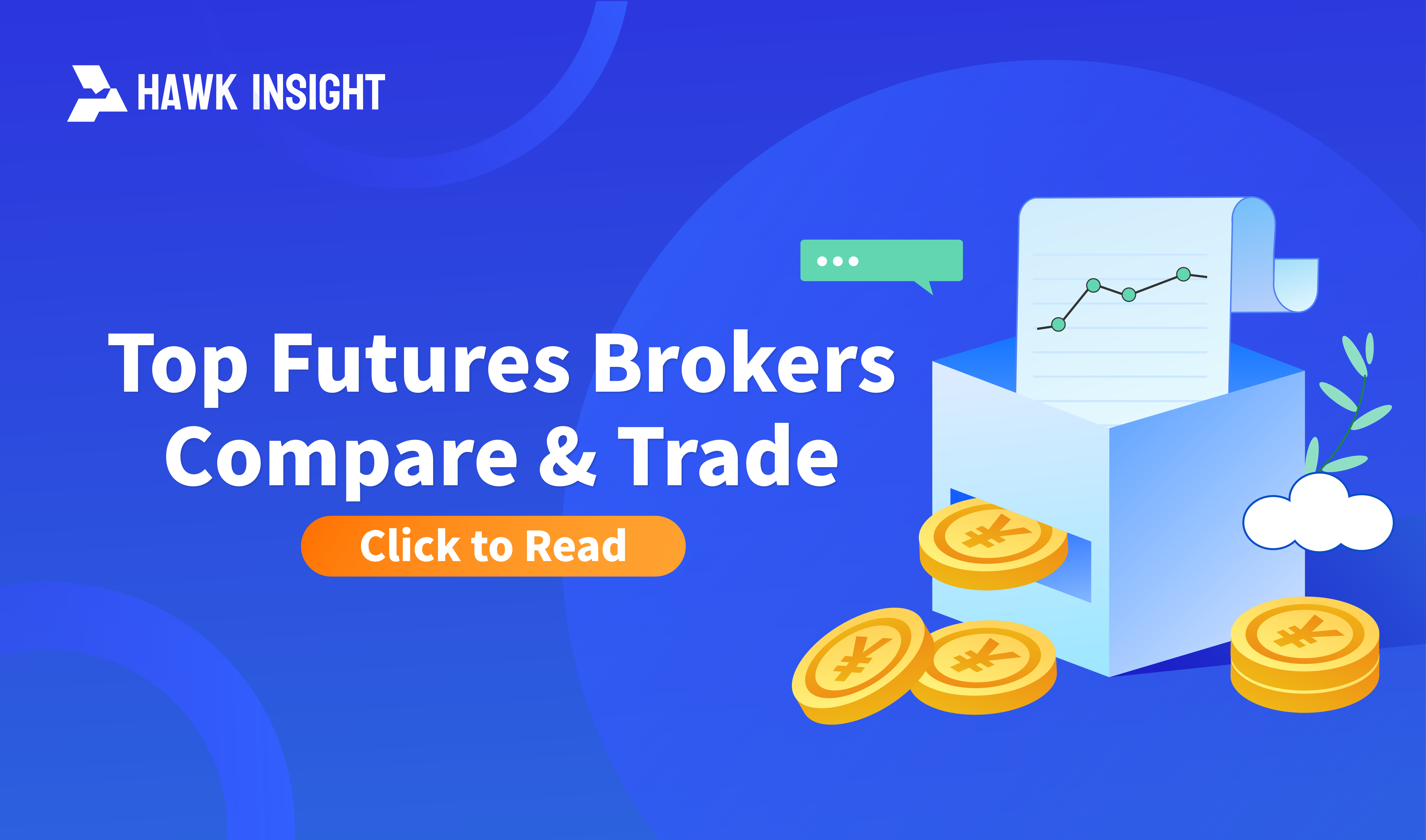Top Futures Brokers - Compare & Trade
Discover the best futures brokers for trading.Compare fees, platforms, markets & more.Find the right broker for your needs & start trading today!

Choosing the right broker is crucial for successful futures trading. A high-quality futures broker provides access to a wide range of markets and products while helping investors manage risks effectively and achieve profitability.
Key Factors When Choosing a Futures Broker
- Market Coverage: Opt for a broker that offers a diverse range of markets and futures contracts to gain more investment opportunities and risk diversification.
- Fees and Commissions: Low fees and commissions can help maximize profits and reduce trading costs.
- Broker Reputation and Financial Stability: Choose a broker with a good reputation and strong financial backing to ensure trading safety and reliability.
Comparison of Top Futures Brokers
Here is a comparison of some of the top futures brokers:
-
Interactive Brokers (IBKR, NASDAQ):
- Markets and Products: Wide range
- Fees and Commissions: Low
- Trading Platform: Advanced
-
Thinkorswim (Fidelity):
- Markets and Products: Wide range
- Fees and Commissions: Low
- Customer Service: Excellent
-
E-Trade (ETFC, NASDAQ):
- Markets and Products: Wide range
- Fees and Commissions: Low
- Platform: User-friendly
-
CME Group (CME, NASDAQ):
- Markets and Products: Wide range
- Fees and Commissions: Low
- Trading Platform: Advanced
-
Charles Schwab (SCHW, NYSE):
- Markets and Products: Wide range
- Fees and Commissions: Low
- Customer Service: Excellent
-
Saxo Bank:
- Markets and Products: Wide range
- Fees and Commissions: Low
- Trading Platform and Tools: Advanced
-
NinjaTrader:
- Markets and Products: Wide range
- Fees and Commissions: Low
- Trading Platform: Very popular
-
IG (IGG, London Stock Exchange):
- Markets and Products: Wide range
- Fees and Commissions: Low
- Platform: User-friendly with extensive educational resources
-
IC Markets:
- Markets and Products: Wide range
- Fees and Commissions: Low
- Trading Platform and Tools: Advanced
These brokers are among the top choices, but the best one for you will depend on your specific needs and preferences. It is advisable to research and compare different brokers before making a decision.
Steps to Open a Futures Account
- Choose a Broker: Select the broker that best fits your needs.
- Submit an Application: Visit the broker's website and complete the online application.
- Provide Documentation: Submit required documents such as ID and proof of address.
- Fund Your Account: Deposit cash or securities into your account.
- Start Trading: Once your account is set up, you can begin trading futures.
Basic Steps to Trade Futures with a Broker
- Market Research: Research the markets and futures contracts you are interested in.
- Place Orders: Place trades through your broker's platform.
- Monitor and Adjust: Track your positions and adjust your strategy as needed.
- Close Positions: Close your trades to lock in profits or limit losses.
Risks Involved in Futures Trading
Futures trading carries inherent risks, including:
- Market Risk: The risk of losses due to declines in the value of the underlying asset.
- Liquidity Risk: The risk of being unable to close a position due to a lack of market participants.
- Leverage Risk: The risk of failing to meet margin requirements, potentially resulting in liquidation at a loss.
Risk Management Strategies
- Diversify Your Portfolio: Spread investments across different markets and products to mitigate risk.
- Use Stop-Loss Orders: Set limits on the maximum loss you are willing to accept on a trade.
- Employ Risk Management Tools: Utilize tools such as options and futures contracts offered by brokers.
- Monitor Economic Events: Stay informed about events that might impact the markets.
Types of Futures Contracts
Common types of futures contracts include:
- Agricultural Futures: Contracts for commodities like corn, wheat, and soybeans.
- Energy Futures: Contracts for commodities such as oil and natural gas.
- Financial Futures: Contracts for financial instruments like currencies and interest rates.
- Index Futures: Contracts for stock market indexes such as the S&P 500.
Developing a Trading Plan for Futures
A comprehensive trading plan should include:
- Investment Thesis: Define your reasons for trading and goals for each trade.
- Risk Management Strategies: Outline how you will manage risk.
- Entry and Exit Criteria: Set clear criteria for entering and exiting trades.
- Position Sizing: Determine the amount to invest in each trade.
- Performance Tracking: Monitor your performance and adjust your plan as needed.
Disclaimer: The views in this article are from the original Creator and do not represent the views or position of Hawk Insight. The content of the article is for reference, communication and learning only, and does not constitute investment advice. If it involves copyright issues, please contact us for deletion.